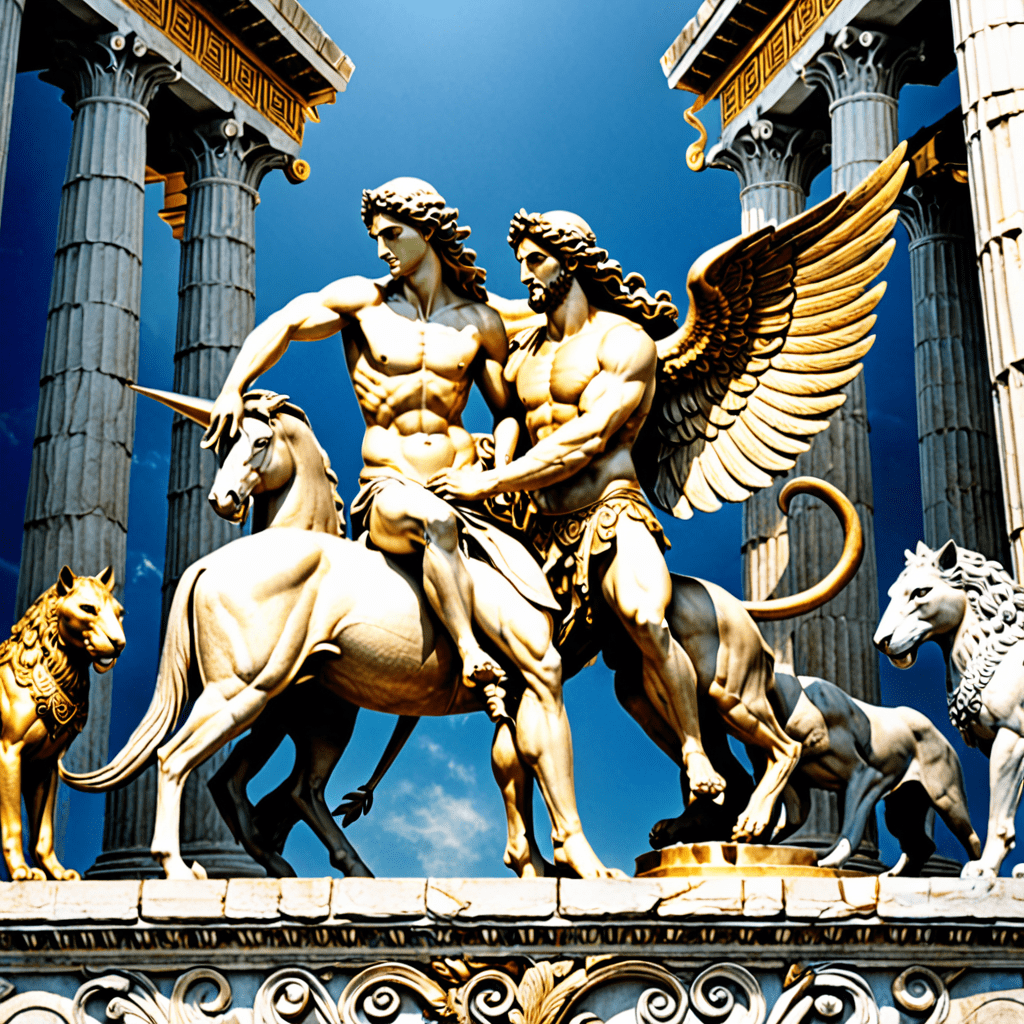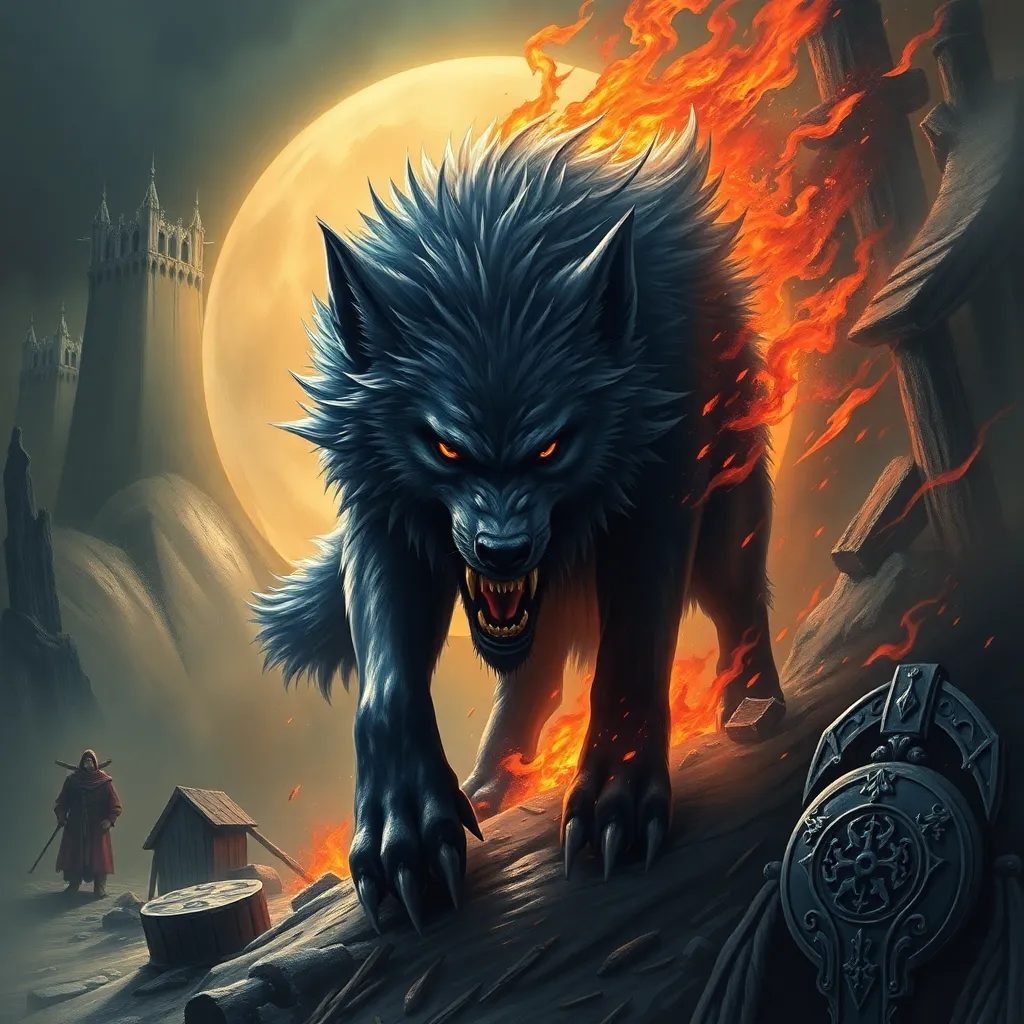The Symbolism of Animals in Greek Mythology
1. Introduction to Animal Symbolism in Greek Mythology
In Greek mythology, animals are often depicted as powerful and symbolic creatures that represent various characteristics, traits, and emotions. These animals play a significant role in the stories and legends of ancient Greece, adding layers of meaning and depth to the narratives.
2. The Significance of Specific Animals in Greek Mythology
Animals like the majestic Griffin, representing strength and vigilance, or the wise Owl symbolizing knowledge and foresight, are frequently featured in Greek mythology. The serpent, often associated with transformation and healing, also holds a prominent place in these captivating tales.
3. Symbolic Role of Animals in Greek Mythological Stories
Animals in Greek mythology are not just passive creatures but active participants in the stories, embodying virtues, vices, or serving as messengers between the mortal and divine realms. For instance, the loyal hound symbolizes fidelity, while the cunning fox represents slyness and wit.
4. Connecting with the Symbolism of Animals in Greek Mythology
Exploring the symbolism of animals in Greek mythology can offer profound insights into the human psyche, archetypes, and cultural values of ancient Greeks. By understanding the meanings behind these mythical creatures, we can unravel the depths of the myths and appreciate the intricate layers of storytelling woven into the fabric of Greek culture.
FAQ: The Symbolism of Animals in Greek Mythology
What role do animals play in Greek mythology?
Animals in Greek mythology often symbolize various virtues, characteristics, or even deities. They can embody qualities like cunningness (fox), wisdom (owl), loyalty (dog), or power (lion).
Which animals are commonly associated with Greek gods and goddesses?
Some common associations include the owl (goddess Athena – wisdom), eagle (god Zeus – strength), serpent (god Apollo – healing), and dolphin (god Poseidon – protection of sailors).
How do animals contribute to the storytelling in Greek myths?
Animals serve as powerful symbols that enhance the narrative, portraying deeper meanings, moral lessons, and connections to the natural world. They often reflect human qualities and emotions within the stories.
Can animals in Greek mythology represent more than one thing?
Absolutely, animals in Greek mythology can have multifaceted symbolism. For example, the snake can symbolize both healing (associated with god Apollo) and deceit (as seen in the story of the serpent in the Garden of Hesperides).



